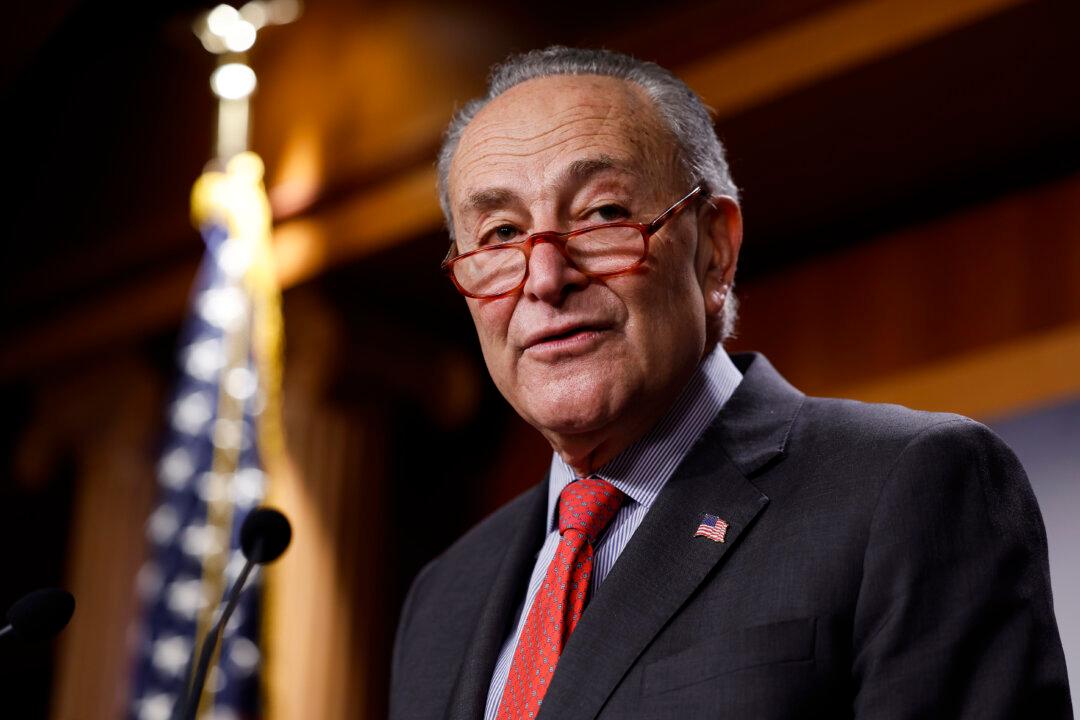A round-robin series of crucial last-minute decisions by senators anxious to wrap up their work before Christmas resulted in a decisive 68–29 vote to approve the controversial $1.85 trillion omnibus spending bill to keep the federal government open well into the New Year.
The vote represented a major victory for Senate Majority Leader Chuck Schumer (D-N.Y.), Speaker of the House Nancy Pelosi (D-Calif.), Senate Minority Leader Mitch McConnell (R-Ky.), House Appropriations Committee Chairman Rosa DeLauro (D-Conn.), Senate Appropriations Committee Chairman Patrick Leahy (D-Vt.) and the appropriations panel’s top Republican, Sen. Richard Shelby (R-Ala).





